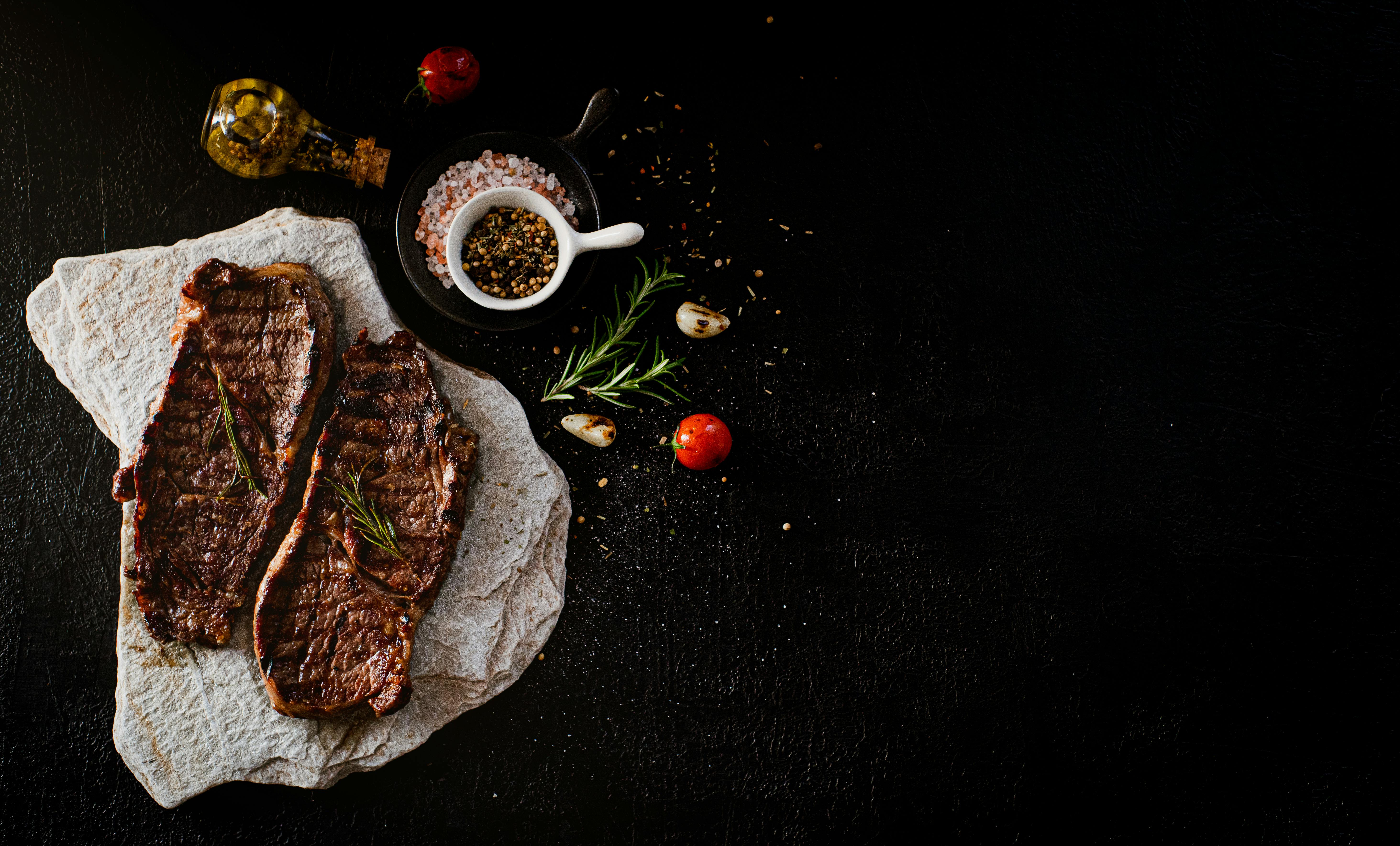There’s this folklore story about not killing game in the forest after chasing it for a few hours because the animal has released stress hormones into its body making it unfit for consumption.
The story also goes that if the game is still stressed when killed, the meat becomes tough and bitter.
I’d be hard pressed to recall exactly where I’ve heard this, maybe during conversations with elders on one of the remote places I’ve visited, maybe not.
One of the main reasons why it did stuck with me however was because I could relate it with something else I’ve observed personally.
The more energy that’s spent on deliberating on a specific course of action, the less satisfaction comes from actually taking it.
On top of that, the whole overall experience becomes diminished, similar to smelling a delicious food with your nose and becoming partially filled already before actually getting into the meal.
Speaking of food, I remember spending an entire afternoon last summer researching restaurants for a dinner celebration of a close relative’s graduation.
I did scroll through reviews and compared menus. After asking friends for opinions, I also did contemplate even looking up the chef’s background. I was a very particular person around that point in my life, partly due to a need for control.
By the time we finally settle down at the “perfect” choice, something felt off. Obviously, the meal was very good, objectively, but somehow it couldn’t match the anticipation I’d built up through all that deliberation.
It was as if I’d already consumed part of the experience during those hours of analysis. A hard lesson to learn from overthinking.
In this regard, some of my most memorable meals have come from wandering into places purely on impulse. Say catching the scent of something cooking as I pass by a new area or trying to get a glimpse of a crowded local spot.
No research, no expectations, just presence. The satisfaction seemed to arrive untainted, unfiltered through layers of prior analysis.
Ancient Art of Not Overthinking
Such wisdom isn’t a modern discovery. Ancient cultures, both East to West, recognized the trap of overthinking and cultivated ways to avoid it.
In ancient India, the Bhagavad Gita teaches about performing one’s duty without being consumed by the fruits of action, i.e being detached from a good or bad pov on the outcomes one's actions.
When we come to the present, modern neuroscience gives an interesting lens on why these ancient insights could’ve emerged or rather why our brains trick us into overthinking.
Every time we anticipate an experience intensely, our brains release dopamine, the reward chemical tied to pleasure and motivation. And this creates a “pre-reward” state, where we feel a rush of satisfaction just imagining the outcome.
The dopamine surge during anticipation can reduce the reward response when the actual moment arrives, making it feel less fulfilling. That's basically the cost and the trade-off between mental rehearsal and lived reality.
But where’s the line? How do we distinguish necessary thinking from the kind that spoils the meat, so to speak?
Tricky Difference
A possible answer is amount of thinking versus quality of thinking.
Experientially, planning that serves action feels different from analysis that replaces it.
The former moves toward something. The latter circles around it, creating heat without light.
Arguably, the art of not overthinking is about trusting ourselves to act without enough clarity, like a hunter who intuitively knows when to stop the chase and take the shot.
Unfortunately, there's no textbook practice for this, just constant iteration before one starts getting it right.
Until then, think as if it matters and act as if it doesn't.
Thanks for reading!! Share your thoughts below on the comments.
